professional
COOKING
Over 72 different recipes
[49 Continental Recipes, 13 African Recipes and 10 Pastries] ABUJA CULINARY SCHOOL
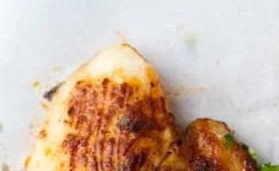
r e c i p e g u i d e t o
professional
COOKING
Copyright 2021 by Abuja Culinary School. All Rights Reserved.
No part of this publication may be reproduced, distributed, or
transmitted in any form or by any means, including photocopying,
recording, or other electronic or mechanical methods, or by any
information storage and retrieval system without the prior written
permission of Abuja Culinary School, except in the case of very
brief quotations embodied in critical reviews and certain other
noncommercial uses permitted by copyright law.


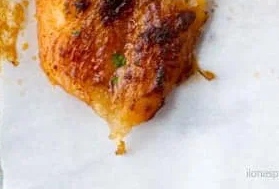
Designed by:
01
RUACH G R A P H I C S
professional
COOKING

Contributors
Gbede Awlou Kpadenou [Chef Rodrugue] James Jakpa [Chef Blue]
Pelumi Omoniyi Martins [Chef Stlyz]
Editors
Deborah Ogwuche James Ughe
INTRODUCTION
HOW TO START A RESTAURANT
O
pening a restaurant requires juggling many moving parts and can feel like a difficult undertaking but is a worthwhile venture. Your knowledge on how to make it work will ensure profitability and a sense of fulfilment.
We've created a 10-step guide to navigate you through the process.
1. Choose a Restaurant Concept and Brand
Before you start, have a clear concept and a good idea of your target audience. Your target audience will determine your restaurant concept, service style of your restaurant, type of food, and the ambiance of your restaurant.
There are different types of restaurant style grouped by the target market and they include:
Fine Dining, Casual Dining, Casual, Fast food, Caf, Buffet, Food Trucks, Pop-up restaurant, virtual restaurants.
How you categorize from one type of restaurant to another is based on the following factors:
Restaurant dcor: this determines whether it's a fine dining for example or a fast food. The ambience, dcor and arrangement are quite different.
Price: restaurants are pricey from expensive, to inexpensive to least expensive.
Food; the type of food prepared and its presentation, the quality of food are factors that helps in categorizing a restaurant.
Choosing a unique and functional concept that targets a certain demographic in a particular environment is one of the most important factors in creating your concept and brand.
2. Form Your Menu Items
Deciding what will be on your menu is important because it determines equipment you need, the staff you will hire, and the customers you want to attract.
At this point you should have an idea of how much you will serve and continually update your menu as you gain information about which food items sell well and which do not.
3. Write a Restaurant Business Plan
A comprehensive business plan will help you develop your strategy and flesh out the feasibility of your restaurant's details. A good business plan will also help you in seeking funding or grants for your restaurant venture.
A good business plan must have the following components:
1. Executive Summary
2. Company Overview and Description
3. Market Analysis
4. Business Offerings
5. Management
6. Marketing
7. Financial Projection
4. Funding
Estimate the total start-up costs to help get started, the amount needed to keep your restaurant running on a day-to-day basis for a least six months then create a budget.
After this, assess how much money you have available to use as start-up funding, and determine how much more you will need. Then seek for ways to source for funds. Available means of seeking for funds includes family and friends, loans from the bank, grants or personal savings.
5. Choose a Location and Lease a Commercial Space When choosing a space, watch out for the following:
Visibility and accessibility. Select a spot that can be seen by those driving or walking by. Go for an area that gets plenty of passers-by on foot or in cars. Also, consider if there is parking and ease of access by foot or car.
The demographics. Ensure the target market of your restaurant matches the demographics of the area.
Labour costs and minimum wage. It's important to ensure that the labour costs of an area don't cut into your profits. Is the location easily assessible by public transport so that your employees do not find it difficult to commute?
The competition of the area. Some nearby competition can help with marketing. But it's wise to have enough of a distance that you can still guarantee a solid pool of customers who won't be easily drawn to another similar place.
Leasing is preferable to building your own space when you are starting out because gives you more flexibility in the case you decide to expand or have changes.
6. Permits and Licenses
To open a new restaurant, you'll need to get familiar with the local laws and regulations. Agencies like Abuja Municipal are council (AMAC), AEDC, FIRS and others are a good place to start. It can be worthwhile to have legal counsel to make sure you complete every necessary step.
7. Find an equipment supplier and food sourcing location
A constant, reliable source of equipment and ingredients at reasonable prices is important to your restaurant profitability. In Abuja, the following rural market are where you find your food items at very cheap prices.
Dei-Dei Tomatoes market: Here you find tomatoes, pepper, vegetables and onions at very cheap prices. Just a little bit down the tomatoes spot is where you find carrot, green beans, green peppers, cucumbers, lettuce and other vegetables sold in large quantities at wholesale price.
Dei-Dei Abattoir: this is where you get your meat at affordable price. Its helps to go there very early in the morning in other to get a choice portion of the meat from the sellers. Here you find cow meat, goat meat, ram, chickens, etc.
Zuba market (fruit market). This is the wholesale market for the following items: Yam, Plantain, apples, orange, water melon etc.
As the name connotes, you find a large section of the market where all types of fruits are sold in bulk at wholesale prices.
Gwa-gwa market- this is the best market for all types of food stuffs and home-grown traditional spices and foods. It's a weekly market that is only operational on Saturdays.


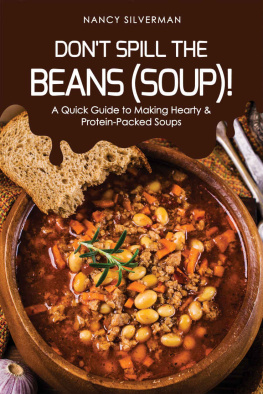
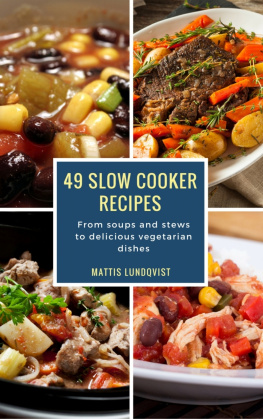


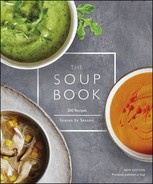
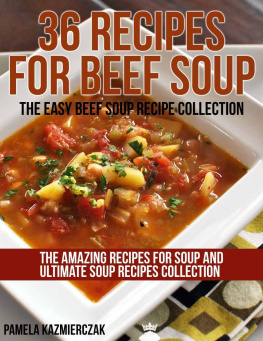
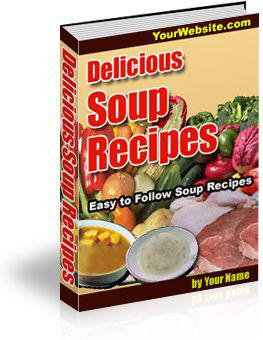
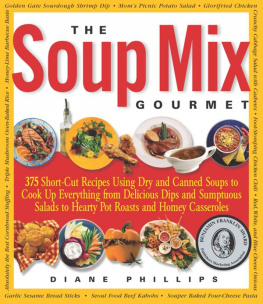


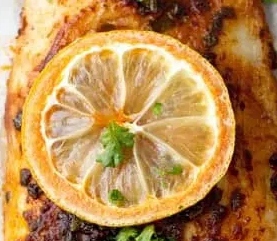
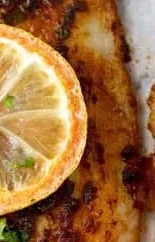


 Designed by:
Designed by: Contributors
Contributors